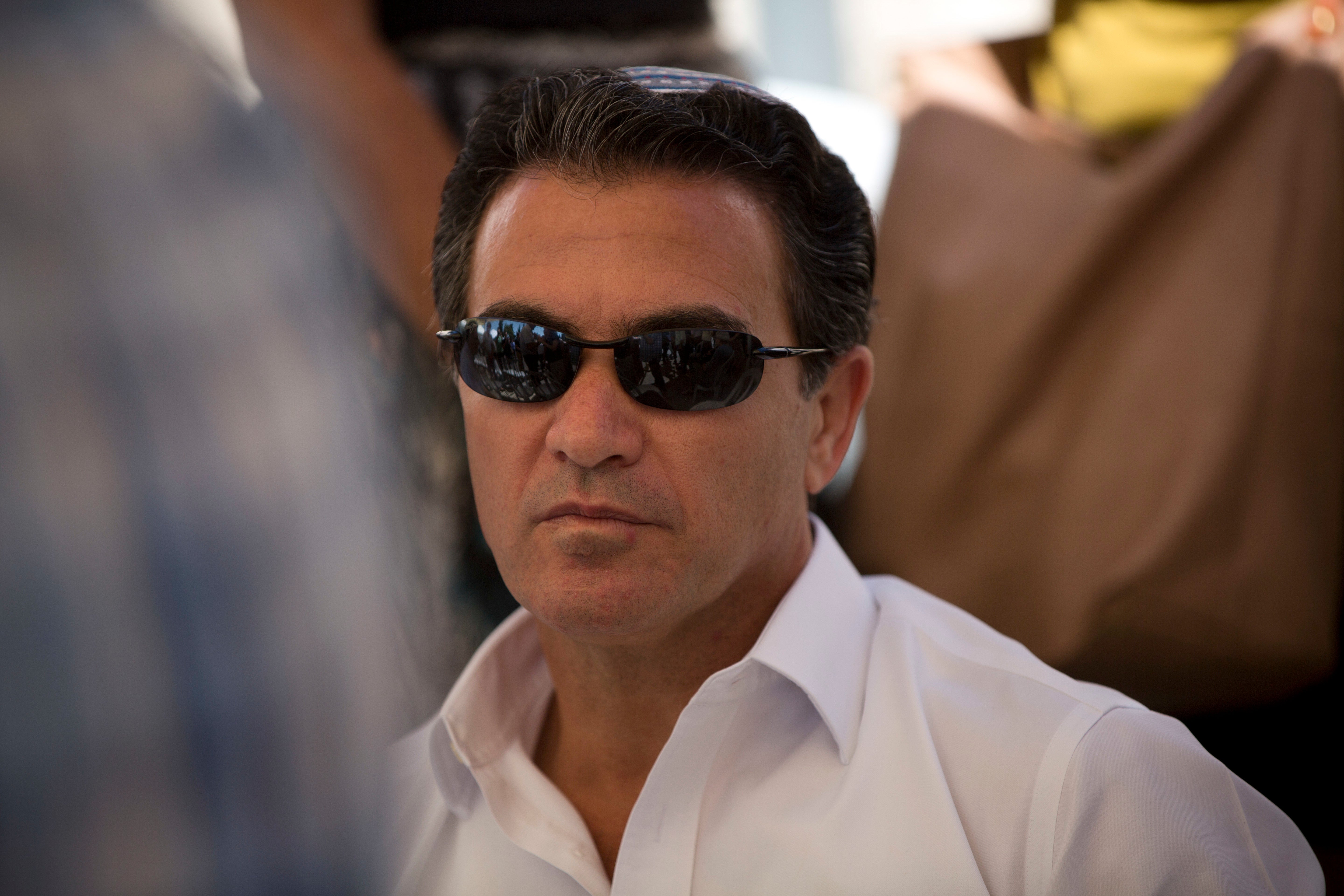Ex-Mossad chief signals Israel behind Iran nuclear attacks
The outgoing chief of Israel’s Mossad intelligence service has offered the closest acknowledgment yet his country was behind recent attacks targeting Iran’s nuclear program and a military scientist

The outgoing chief of Israel's Mossad intelligence service has offered the closest acknowledgment yet his country was behind recent attacks targeting Iran s nuclear program and a military scientist.
The comments by Yossi Cohen speaking to Israel's Channel 12 investigative program “Uvda” in a segment aired Thursday night, offered an extraordinary debriefing by the head of the typically secretive agency in what appears to be the final days of Prime Minister Benjamin Netanyahu s rule.
It also gave a clear warning to other scientists in Iran's nuclear program that they too could become targets for assassination even as diplomats in Vienna try to negotiate terms to try to salvage its atomic accord with world powers.
“If the scientist is willing to change career and will not hurt us anymore, than yes, sometimes we offer them" a way out, Cohen said.
Among the major attacks to target Iran, none have struck deeper than two explosions over the last year at its Natanz nuclear facility. There, centrifuges enrich uranium from an underground hall designed to protect them from airstrikes.
In July 2020, a mysterious explosion tore apart Natanz's advanced centrifuge assembly, which Iran later blamed on Israel. Then in April of this year, another blast tore apart one of its underground enrichment halls.
Asked about Natanz, the interviewer asked Cohen where he'd take them if they could travel there, he said “to the cellar" where “the centrifuges used to spin.”
“It doesn't look like it used to look,” he added.
Cohen did not directly claim the attacks, but his specificity offered the closest acknowledgement yet of an Israeli hand in the attacks. The interviewer, journalist Ilan Dayan, also seemingly offered a detailed description of how Israel snuck the explosives into Natanz's underground halls that went unchallenged by Cohen.
“The man who was responsible for these explosions, it becomes clear, made sure to supply to the Iranians the marble foundation on which the centrifuges are placed,” Dayan said. "As they install this table within the Natanz facility, they have no idea that it already includes an enormous amount of explosives.”
He also brought up the November killing of Mohsen Fakhrizadeh, an Iranian scientist who began Tehran's military nuclear program decades ago. U.S. intelligence agencies and the International Atomic Energy Agency believe Iran abandoned that organized effort at seeking a nuclear weapon in 2003. Iran long has maintained its program is peaceful.
While Cohen on camera doesn't claim the killing, Dayan in the segment described Cohen as having "personally signed off on the entire campaign.”
Cohen described an Israeli effort to dissuade Iranian scientists from taking part in the program, which had seen some abandoned their work after being warned, even indirect, by Israel. Asked by the interviewer if the scientists understood the implications of if they didn't, Cohen said: “They see their friends.”
Iran has repeatedly complained about Israel's attacks, with Iran's ambassador to the IAEA Kazem Gharibabadi warning as recently as Thursday that the incidents “not only will be responded decisively, but also certainly leave no option for Iran but to reconsider its transparency measures and cooperation policy.”
Iran's mission to the United Nations did not immediately respond to a request for comment over the comments by Cohen, who was replaced by former operative David Barnea.
___
Associated Press writer Karin Laub in Amman, Jordan, contributed to this report.
Bookmark popover
Removed from bookmarks